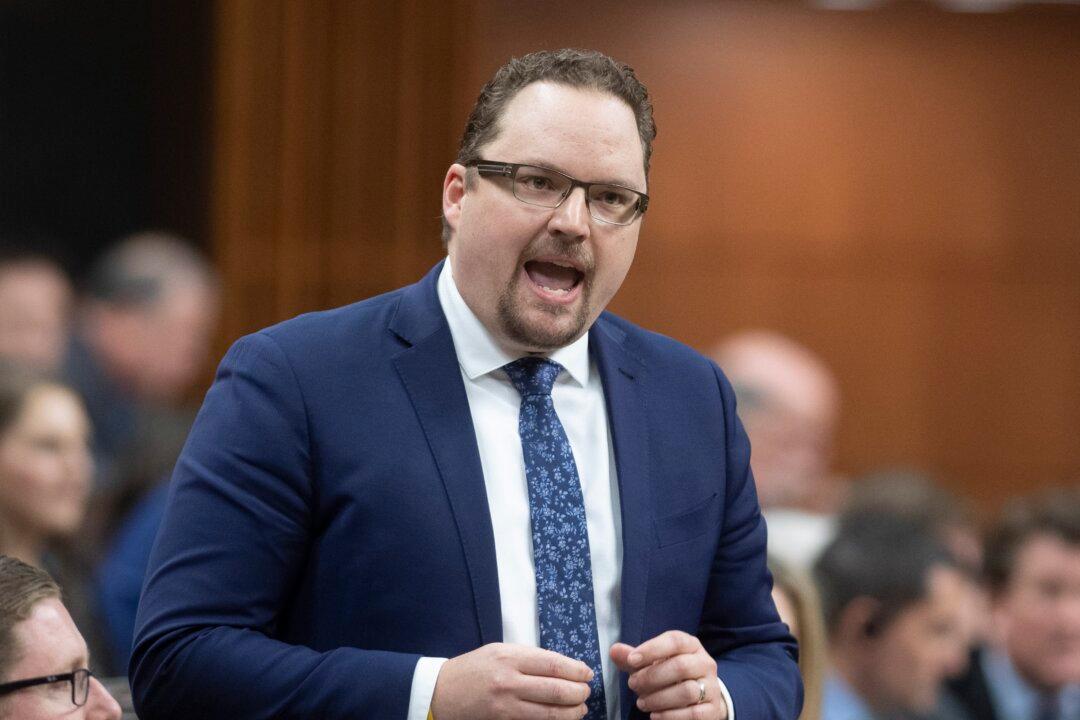A Tory MP is questioning why B.C. is considering allowing vaccinated COVID-positive health-care workers to return to work but not those who are unvaccinated.
“So, vaccinated but Covid positive workers are told to keep working, while unvaccinated workers are forced to stay home even if they are Covid-free? If this is really about protecting the system, why not give daily tests to all & let all Covid-free workers keep it running safely?” Mark Strahl said on Twitter Thursday.





